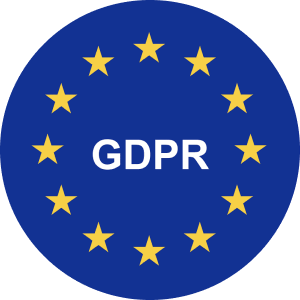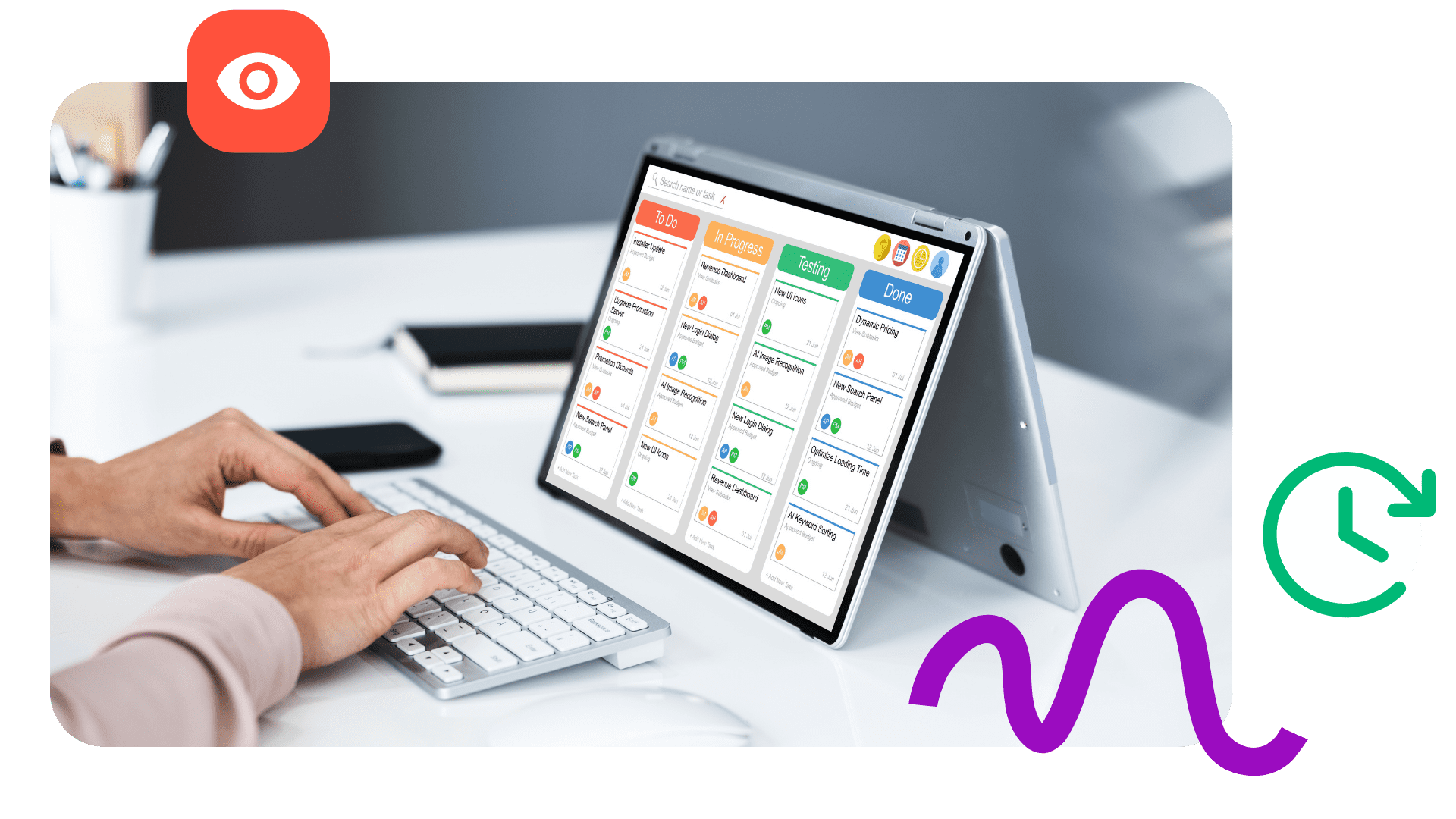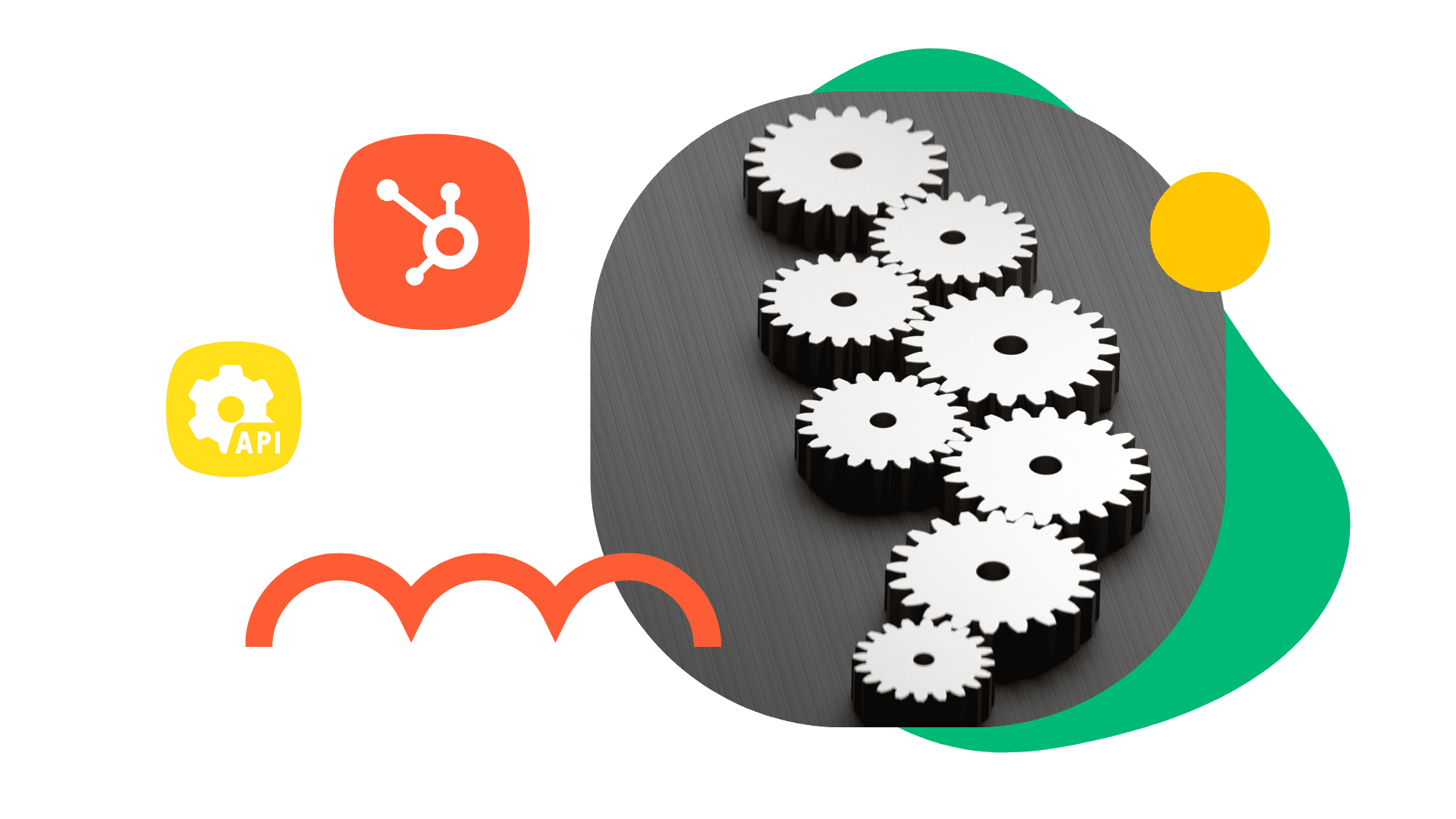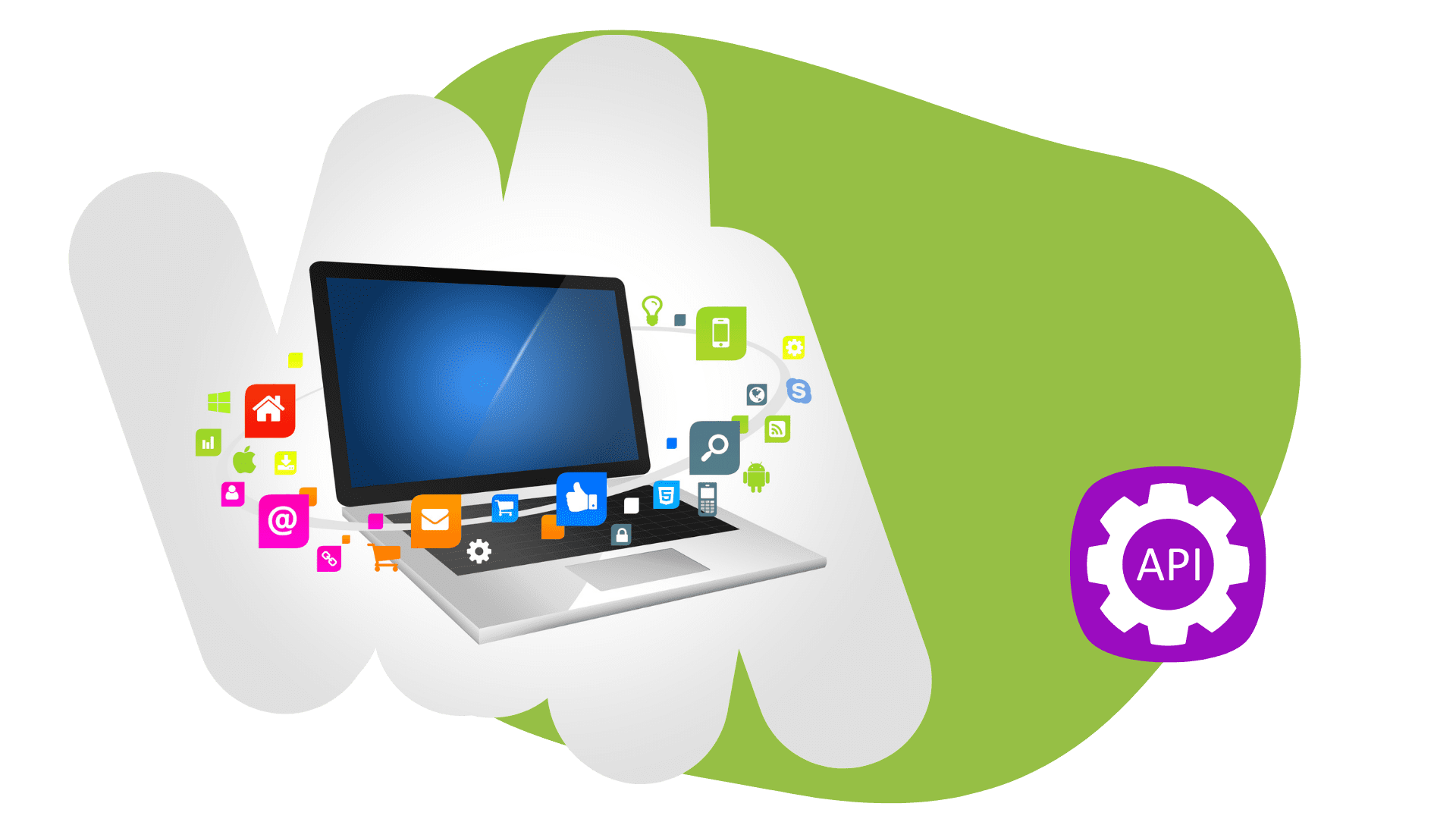


Discover the ultimate guide to API integration platforms and find the best picks for your business. Stand out from the competition.

Key takeaways:
API Integration Platforms are software tools that facilitate the connection and communication between different software applications using their APIs (Application Programming Interfaces). These platforms simplify the process of integrating disparate systems, enabling seamless data exchange and functionality across them.
Ever wondered how your favorite software applications like Google Sheets seamlessly share data in real-time? The magic lies in API integrations and tools that automate workflows. These play a pivotal role in digital transformation, making complex IT processes look like a walk in the park. Imagine Google Sheets API and custom APIs interacting smoothly through friendly interfaces.
Managing application programming interfaces (APIs) is no longer a steep learning curve, thanks to platforms that can automate workflows. They handle everything from authentication to access control, simplifying complex integrations for better data transfer connections between cloud apps, much like the role of development tools in a software engineer's toolkit. So next time you marvel at the smooth operation of new apps, remember there's an intricate web of REST APIs working behind the scenes!
API integration platforms, including app integrations and application programming interfaces, are not all the same. They come in different shapes and sizes, each with its own set of features and functionalities. You got your iPaaS (Integration Platform as a Service), which is cloud-based data services, and then there's on-premises software like ESBs (Enterprise Service Bus) offering custom integrations.
These systems and applications pack some serious punch when it comes to their key features and app integrations they offer.
Choosing the right enterprise platform for your business isn't as simple as eeny, meeny, miny, moe. There's more to consider, especially when it comes to integrating systems and applications.
So there you have it, a quick rundown on API integration platforms what they are, what they do, and how to choose 'em! These systems offer various integrations and marketing APIs for seamless operation.

Let's cut to the chase. You're searching for API integration tools that tick all boxes - efficiency, scalability, and security features. Here are some top software systems, like HubSpot, based on user reviews and ratings.
Each tool, including API integration tools like HubSpot, has its unique selling propositions (USPs). Qlik's USP lies in its efficient handling of big data sets within systems. Box, a notable API integration platform, shines with its scalable storage options.
What makes these products, systems, and software tools stand out? Let's break down their description.
Remember, the best marketing APIs integration platforms like DreamFactory aren't always about the highest ratings or most software features. It's about what products fit your needs like a glove!
Software API integration tools, including marketing APIs, are a dime a dozen on any platform. But, the cream of the crop products? They're few and far between.
Some businesses have unique needs. And there are products and software tailored to meet those needs, including marketing APIs and API integrations.
Software-based API integration platforms come packed with key products and features. Let's cut to the chase, businesses and APIs are intertwined.
So what's in it for you? Plenty!
Here's the deal - API integration platforms, a key component of marketing data management, can significantly boost operational efficiency in the cloud.
Remember, every marketing strategy is unique, so pros and cons of data usage, APIs, and cloud solutions vary based on individual business needs.
In today's world where data breaches are common, security features for your marketing integration platform, especially in terms of api and apis integration, are non-negotiable.
These APIs ensure that your product remains secure while integrating with other products on the integration platform, facilitating API integration and marketing strategies.
So there you have it - the lowdown on API integration platforms' features and benefits, crucial for data-driven marketing strategies!

Two main pricing models exist for API integration platforms:
The subscription model in our platform involves regular marketing payments, often monthly or annually, facilitated by API integration. On the other hand, one-time payment options require a larger upfront cost but no ongoing fees, while ensuring data integrity.
Consider the following factors for a comprehensive cost-benefit analysis of your data marketing platform and its APIs.
A low price for a marketing platform may seem attractive initially, but remember to factor in additional costs such as data management and apis over time.
Beware of hidden costs that can sneak up during platform implementation or post-deployment stages like api integration, managing apis, or data-related issues.
So, gotcha! The sticker price isn't always the final price in the world of API integration platforms, especially when dealing with APIs.
Maximizing utility from your chosen integration platform, such as APIs, requires a few key strategies.
Consider Mulesoft for example, their regular updates and API integration keep applications and APIs running smoothly and efficiently.
Let's examine a practical example. A renowned marketing automation firm successfully employed APIs through an API platform, resulting in enhanced efficiency and data integration use.
The result? Enhanced integration capabilities through APIs and tangible results in their overall performance.
Avoiding common pitfalls while integrating these platforms and using their APIs is as important as knowing how to use them right.
Remember these points while working with different software systems and APIs on your chosen API integration platforms.
Oracle's API platform, a leading player in the realm of apis, secures the top spot for api integration platforms. Considering its high user satisfaction levels and expert recommendations, this dominance in apis is no surprise.
So, why does it stand out?
Let's dive into some real-world examples:
In short, if you're looking for a reliable, feature-packed api integration platform that won't break the bank, consider Oracle API platform as your go-to choice!

API integration can significantly enhance team productivity in a number of ways:
The key to maximizing these benefits is to clearly understand your team's workflows and needs, and to carefully plan and execute your API integration strategy. This may involve using API integration platforms, working with experienced developers, or both.
API integration platforms have come a long way, providing a myriad of features and benefits. You've got your top tools that offer cost-effective solutions and effective use for various businesses. It's no longer just about connecting applications; it's about creating seamless experiences, automating workflows, and driving business productivity.
The future looks bright with these integration platforms evolving at a rapid pace to meet the ever-changing technological landscape. But remember, the best integration solution is subjective; it depends on your unique needs and budget constraints. So, take action now! Start analyzing these integration tools based on what you've learned here and make an informed decision that will drive your business forward.
There are several top API Integration Platforms each with unique strengths:
Remember, choosing the right API Integration Platform depends largely on specific needs, such as the complexity of the project, budget, existing tech stack, and your team's technical skills. Always review the current market before making a choice, as new solutions may have emerged since my last training data.